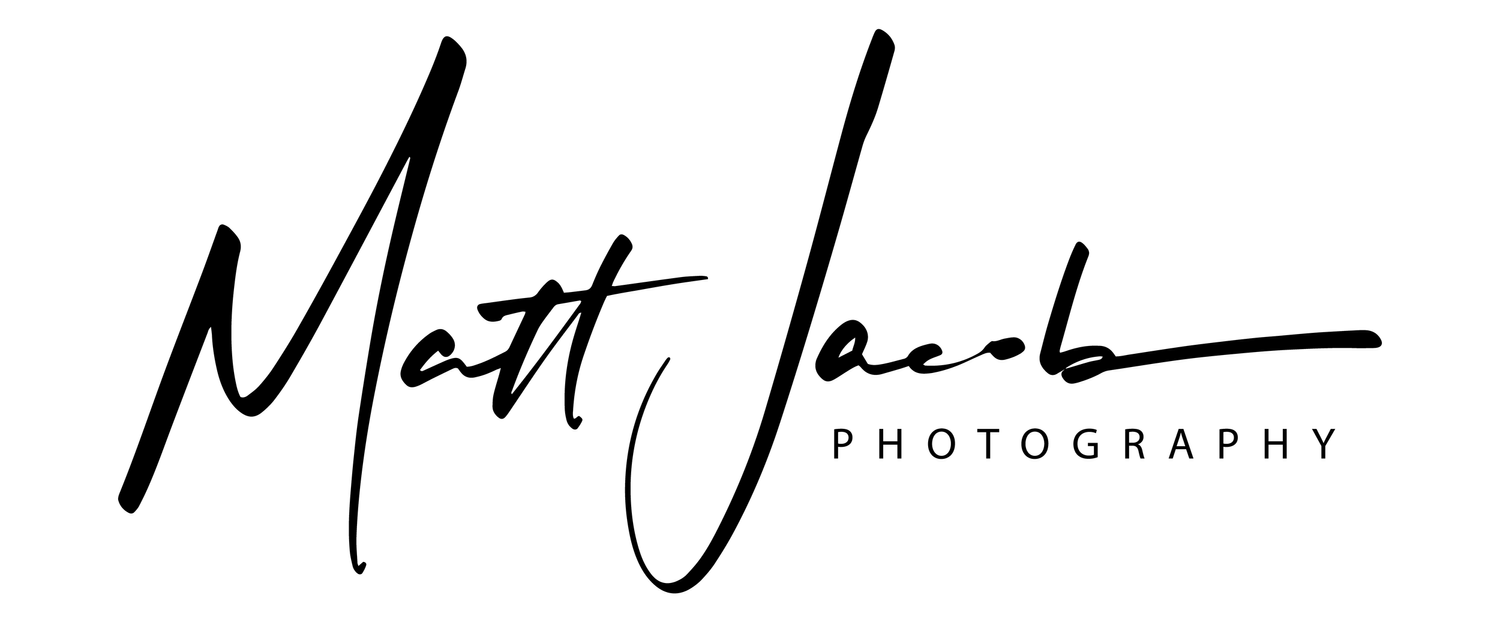The Creative Responsibility We Can’t Ignore
This Episode Will Shake You.
This isn’t just another podcast episode. It’s one of the most intense, emotional, and urgent conversations I’ve had.
I sat down with Jorik Dozy, a filmmaker whose work doesn’t just tell stories—it fights for the survival of our planet. He’s the co-founder of Studio Birthplace, a creative powerhouse dedicated to crafting visually stunning, deeply impactful films that expose the reality of our environmental crisis.
Jorik doesn’t sugarcoat things. The numbers he shared, the urgency in his voice—it left us both shaken. At one point, we had to stop recording to gather ourselves. Because when you hear the truth laid out so bluntly, you realize…
We’re not just facing a crisis. We are the crisis.
And the scariest part? People aren’t listening.
“Since the 1950s, we’ve lost 73% of all wildlife.
We are at the cliff edge of a very scary moment.”
The Responsibility of Creatives in a Dying World
If you’re a photographer, filmmaker, writer, designer—any kind of artist—you have more power than you think. The creative industry dictates what people think is cool. It decides which narratives dominate culture. It influences consumer behavior. And for decades, that power has been hijacked by corporate greed. The advertising industry has fueled a culture of endless consumption, convincing us that more, bigger, newer is always better. The entertainment industry has numbed us with distraction, keeping real-world issues at arm’s length.
But here’s the thing: Creatives can change the conversation.
Jorik and his team at Studio Birthplace are proof of that. Their films have literally changed laws—like their Greenpeace campaign Wasteminster, which forced the UK government to reconsider its plastic waste exports.
The Uncomfortable Truths No One Wants to Face
This episode dives deep into uncomfortable, brutal realities:
The world isn’t ‘warming’—it’s on fire.
We’ve already passed the 1.5°C threshold for an entire year, way sooner than expected. We are at a tipping point that could lead to irreversible damage.
Nature isn’t just a victim—it’s our only hope.
Deforestation isn’t just about cutting down trees. It’s about killing the very systems that regulate our climate. Even if we stopped fossil fuel use tomorrow, we would still exceed 1.5°C if we don’t stop destroying ecosystems.
The illusion of ‘sustainability.’
Greenwashing is everywhere. Corporations slap the word “sustainable” on everything, while quietly continuing business as usual. Jorik breaks down how we’ve been manipulated into thinking we’re doing our part—when really, we’re fueling the problem.
The hidden cost of your diet.
The meat industry is an environmental catastrophe. Most people don’t realize that 50% of all agricultural land on Earth is used just to feed livestock. Or that we kill so many animals each year that if humans were slaughtered at the same rate, we’d be extinct in a week.
The heartbreaking reality of wildlife destruction.
Jorik’s film Broken Wings follows a real-life bird poacher. But instead of demonizing him, it shows the larger problem—people forced into environmental destruction just to survive. It’s not about good vs. evil. It’s about a system that’s failing us all.
“The entertainment industry determines what’s cool. We have a massive responsibility. We need to turn this around and start telling stories that actually matter.”
So Where Do We Find Hope?
After an hour of jaw-dropping statistics and raw emotion, I asked Jorik the hardest question: Where do we find hope?
His answer?
Indigenous wisdom.
Many Indigenous cultures already live sustainably, seeing nature as an extension of themselves. They hold the key to coexisting with the planet—if we actually start listening.
A rising generation that won’t stay silent.
Young people are done waiting for governments to act. There’s an uprising of activism, creativity, and new ideas that’s only growing stronger.
Storytelling as activism.
Creativity isn’t just self-expression. It’s a weapon. If enough artists, filmmakers, photographers, and creators start shaping the narrative in the right direction, change is inevitable.
“History shows us that you don’t need a majority to create a revolution. You just need enough people to care.”
So, What Can YOU Do?
You don’t need to be a full-time activist to make a difference.
Use your skills—whatever they are—to amplify important conversations.
Be mindful of your impact. Even small changes in your habits add up.
Educate yourself and others. Knowledge is power. Share what you learn.
Hold those in power accountable. Governments and corporations work for us—if we demand it.
Listen to This Episode. Share It. Talk About It. This is not an episode to passively consume. This is an episode that demands action.
Then, do one of the following:
Send this to someone who needs to hear it.
Post about it. Start a conversation.
Take one action today—even if it’s small.
We don’t have time to wait for someone else to fix this.
Creativity has power. What are you using yours for?
Happy Shooting,




